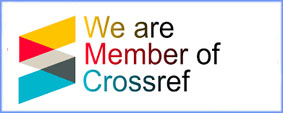OPTIMALISASI PEMBELAJARAN TAHFIZH PADA ANAK USIA SEKOLAH DASAR MELALUI TEORI PERKEMBANGAN KOGNITIF JEAN PIAGET
Keywords:
Tahfizh learning, children, elementary school age, optimizationAbstract
Optimizing tahfizh learning in elementary school age children carries Jean Piaget's theory of cognitive development. In this case, learning tahfizh al-Qur'an emphasizes understanding the verses to be memorized and avoids rote learning (without understanding). And then, teachers are required to translate abstract memorized material into things that are concrete and real and related to the child's daily life. If the verse to be memorized can be interpreted with concrete items, it will be easier, for verses that cannot be interpreted with meaning. Specifically, teachers can provide special characteristics through special movements so that children can easily understand them. Another interesting thing found in this research is that in optimizing tahfizh learning with this theory, in the process of memorizing the Koran, children are given individual opportunities to be independent in memorizing. To make optimal use of the social environment, children must involve people around them to receive mutual contributions or known as peer mentors as a forum for strengthening memorization. The method used in this research is: the comparative method (Constant Comparative Method) or more commonly known as Grounded Research. Meanwhile, the approach used is a qualitative approach.








